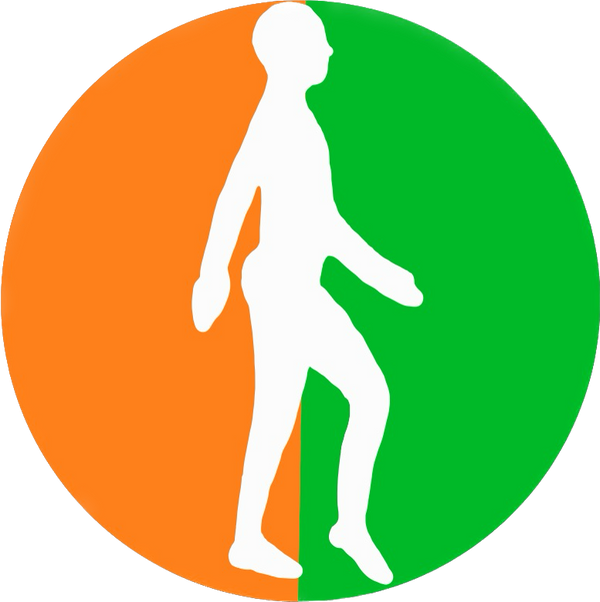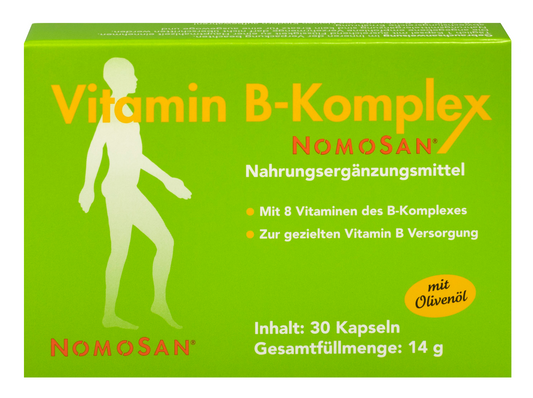Table of contents
Why is it important to strengthen the immune system?
Our immune system is a complex network of cells, tissues and organs that protects our body from disease and infection. Strengthening the immune system plays a crucial role, especially in the cold season, when pathogens such as flu viruses occur more frequently. A robust immune system not only helps fight off illness, but also helps you recover faster.
The role of the immune system
The immune system consists of various defense mechanisms:
- White blood cells (leukocytes): These cells are the soldiers of the immune system and fight pathogens.
- Antibodies: These proteins mark and destroy pathogens in the body.
- Lymphatic organs: These include the spleen, lymph nodes and bone marrow, which are important for the production and maturation of immune cells.
Why in winter?
The winter months often bring unfavorable conditions that can put a strain on the immune system. The dry air, increased exposure to pathogens in enclosed spaces and the challenges for the body to adapt to temperature fluctuations can affect the immune system.
Benefits of a strong immune system
A strengthened immune system offers numerous benefits:
- Better defense against infections: A strong immune system can reduce the likelihood of infections and lessen their severity.
- Faster recovery: If an illness does occur, a strengthened immune system can contribute to a faster recovery.
- Improved overall health: A healthy immune system is also beneficial for overall health as it can reduce inflammation and make the body more resilient.
Ways to strengthen the immune system
There are various ways to strengthen the immune system:
- Healthy diet: A balanced diet with plenty of fruit, vegetables, whole grain products and lean protein provides important nutrients for the immune system. Micronutrients such as vitamins and minerals play a crucial role.
- Adequate sleep: Sleep is essential for a strong immune system, as regeneration processes take place during sleep that support the immune system.
- Stress management: Chronic stress can weaken the immune system. Relaxation techniques such as meditation, yoga or walks can help reduce stress.
- Regular exercise: Moderate physical activity can strengthen the immune system and increase resistance.
Micronutrients and immune boosting
Micronutrients play a key role in strengthening the immune system. NOMOIMMUN® contains important micronutrients that are specifically aimed at supporting immune function. These include natural vitamins that are produced without the addition of dyes, magnesium or calcium and without vitamin K. The iodine it contains and the high-quality vitamins are known to support the immune system.
Importance of vitamins and minerals
A balanced supply of vitamins and minerals is essential for a strong immune system. Certain micronutrients play a particularly important role:
-
Vitamin C: This vitamin is probably the best known for strengthening the immune system. It supports the formation and function of immune cells and acts as an antioxidant that protects cells from damage caused by free radicals.
-
Vitamin D: Known as the “sunshine vitamin,” it influences numerous metabolic processes, including the immune system. The importance of an adequate supply of vitamin D for immune defense is widely recognized.
-
Zinc: Zinc plays a versatile role in the body and contributes to the normal function of the immune system. It is not only important for skin, hair and nails, but also supports the body's defense functions.
-
Selenium: This trace element has important functions, particularly in protecting cells from oxidative stress. Although it is less known, it plays an important role in a well-functioning immune system.
In addition to these, other micronutrients such as vitamin A, B6, B12, folic acid, iron and copper are also important to ensure that the immune system works effectively.
Why drink a lot of water?
Adequate fluid intake is crucial for health and has a direct impact on the immune system. Here are some reasons:
-
Moisture of the mucous membranes: Water keeps the mucous membranes moist. Dry mucous membranes in the mouth and nose provide a breeding ground for bacteria, while moist mucous membranes can remove bacteria.
-
Immune defense through adequate fluid intake: Saliva and nasal secretions contain substances such as lysozyme that contribute to non-specific immune defense. Adequate fluid intake supports these defense mechanisms.
-
Loss of fluid in special situations: Special circumstances such as sport, heat or colds increase the body's need for fluids. When you have a cold, for example, your body temperature rises and your body loses fluids and minerals.
-
Ideal drinks for hydration: Water and unsweetened teas are ideal for maintaining fluid balance. Sugary drinks should be avoided, as should excessive coffee consumption. For colds, herbal teas such as ginger tea are a good choice to support the immune system while regulating fluid levels.
A healthy lifestyle for a strong immune system
Key role of sleep
-
Sleep and immune defense: Adequate sleep is crucial for the function of the immune system. During sleep, important defense mechanisms are activated and regeneration processes are initiated that help strengthen the immune system.
-
Recommended sleep duration: The recommended sleep duration for adults is between seven and nine hours per night to ensure optimal immune function.
Exercise and immune system
-
Moderate exercise: Regular physical activity can strengthen the immune system by increasing the number of immune cells and reducing inflammation. It is important to have a balanced training routine that is not excessively stressful.
-
Recommended Activities: Aerobic exercises such as walking, running, cycling or swimming, as well as yoga or Pilates, can strengthen the immune system if practiced regularly.
Stress management for the immune system
-
Effects of stress on the immune system: Chronic stress can weaken the immune system and increase susceptibility to disease. It is important to use stress-reducing techniques to support immune function.
-
Relaxation techniques: Meditation, breathing exercises, progressive muscle relaxation or listening to calming music can help reduce stress and strengthen the immune system.
NOMOADULT® Vital: Support for a strong immune system
Micronutrients for immune function
In addition to NOMOIMMUN®, NOMOADULT® Vital also plays a crucial role in supporting the immune system. The micronutrients it contains not only contribute to the normal functioning of the nervous system, but can also help strengthen immune function.
The ingredients at a glance
-
Zinc, selenium, iron, copper, manganese: These elements are important components of enzymes that support various functions in the body. For example, zinc supports cognitive function, while iron reduces tiredness and fatigue.
-
Magnesium: It plays an important role in energy metabolism, reduces fatigue and supports the function of the nervous system and heart function.
-
Antioxidants: It contains vitamin A, vitamin C, vitamin E, carotenoids and bioflavonoids, which support protection against cell aging.
-
Vitamin B complex: Vitamin B1, B2, B6, B12, biotin and folic acid contribute to the normal functioning of the nervous system and psychological function.
-
Vitamin D3: This vitamin supports bone metabolism and contributes to normal psychological function.
Availability of NOMOADULT® Vital
NOMOADULT® Vital is designed as a high-quality dietary supplement for adults to meaningfully supplement the diet. It is free of iodine and is also suitable for patients with an overactive thyroid (hyperthyroidism).
Where to buy?
You can purchase NOMOADULT® Vital in many local pharmacies as well as from the mail order pharmacy apotal.

